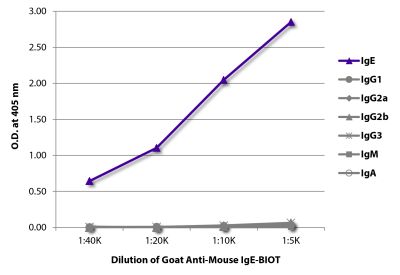Goat Anti-Mouse IgG3-AF555
Cat. No.:
1101-32
Goat Anti-Mouse IgG3-Alexa Fluor® 555 antibody for use in fluorescent assays.
$262.00
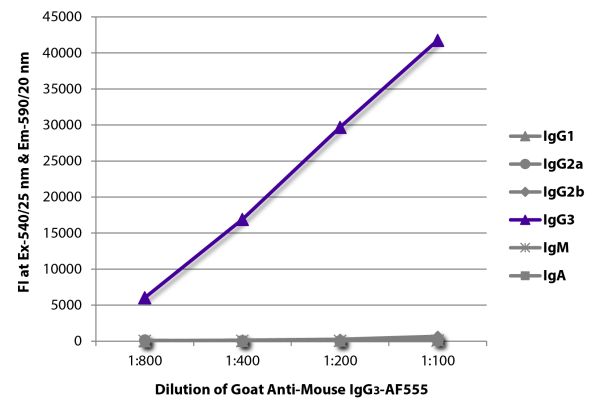

| Isotype | Goat IgG |
|---|---|
| Isotype Control | 0109-32 |
| Specificity | Reacts with the heavy chain of mouse IgG3 |
| Source | Pooled antisera from goats hyperimmunized with mouse IgG3 |
| Cross Adsorption | Mouse IgG1, IgG2a, IgG2b, IgM, and IgA; may react with immunoglobulins from other species |
| Purification Method | Affinity chromatography on mouse IgG3 covalently linked to agarose |
| Conjugate | AF555 (Alexa Fluor® 555) |
| Buffer Formulation | Phosphate buffered saline containing < 0.1% sodium azide |
| Clonality | Polyclonal |
| Concentration | 1.0 mg/mL |
| Volume | 1.0 mL |
| Recommended Storage | 2-8°C; Avoid exposure to light |
| Trademark Information | Alexa Fluor® is a registered trademark of Thermo Fisher Scientific, Inc. or its subsidiaries |
| Applications |
Quality tested applications for relevant formats include - ELISA 1,2 FLISA |
| RRID Number | AB_2895722 |
| Gene ID |
380795 (Mouse) |
| Gene ID Symbol |
Ighg3 (Mouse) |
| Gene ID Aliases | IgG3 |
| UniProt ID |
P03987 (Mouse) |
| UniProt Name |
IGHG3_MOUSE (Mouse) |
Documentation
Certificate of Analysis Lookup
Enter the Catalog Number and Lot Number for the Certificate of Analysis you wish to view
- 1. Silva-Sanchez A, Liu CR, Vale AM, Khass M, Kapoor P, Elgavish A, et al. Violation of an evolutionarily conserved immunoglobulin diversity gene sequence preference promotes production of dsDNA-specific IgG antibodies. PLoS One. 2015;10(2):e0118171. (ELISA)
- 2. Schepetkin IA, Kirpotina LN, Hammaker D, Kochetkova I, Khlebnikov AI, Lyakhov SA, et al. Anti-inflammatory effects and joint protection in collagen-induced arthritis after treatment with IQ-1S, a selective c-Jun N-terminal kinase inhibitor. J Pharmacol Exp Ther. 2015;353:505-16. (ELISA)


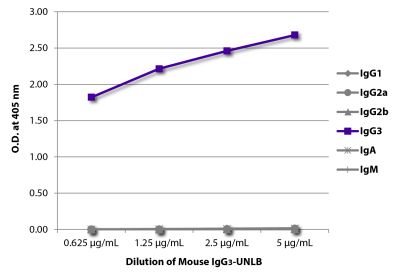
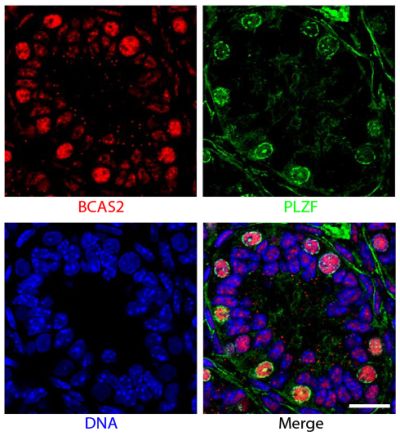
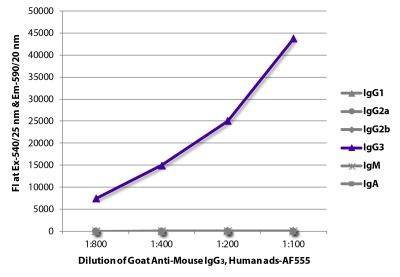
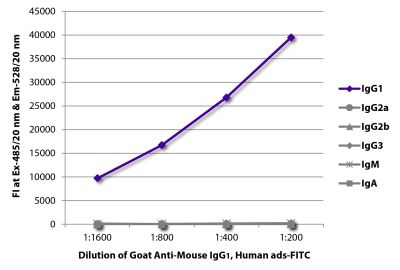
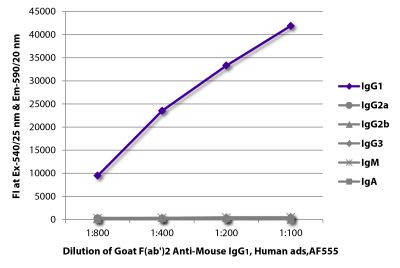
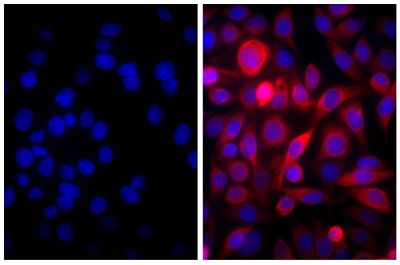
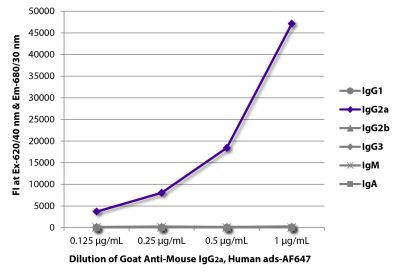
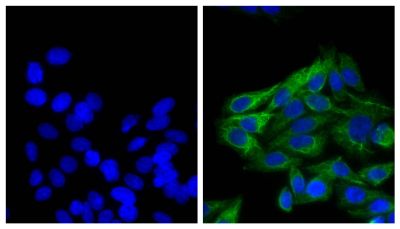
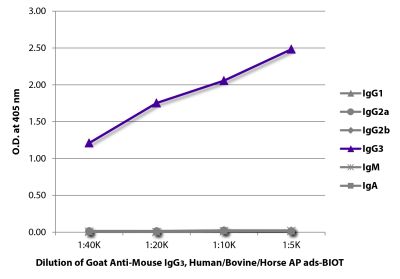
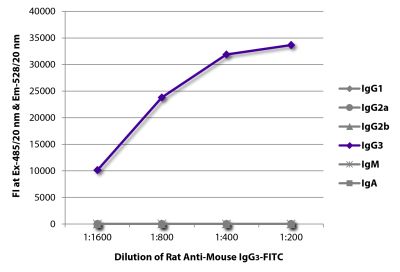
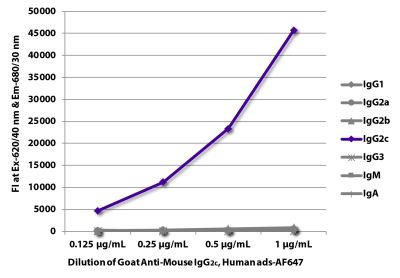
![Wdpks1Δ-1 yeast cells treated with liquid nitrogen were stained with anti-melanin followed by Goat Anti-Mouse IgM, Human ads-TRITC (SB Cat. No. 1020-03).<br/>Image from Paolo WF Jr, Dadachova E, Mandal P, Casadevall A, Szaniszlo PJ, Nosanchuk JD. Effects of disrupting the polyketide synthase gene <i>WdPKS1</i> in <i>Wangiella</i> [<i>Exophiala</i>] <i>dermatitidis</i> on melanin production and resistance to killing by antifungal compounds, enzymatic degradation, and extremes in temperature. BMC Microbiol. 2006;6:55. Figure 5(d)<br/>Reproduced under the Creative Commons license https://creativecommons.org/licenses/by/2.0/](https://www.southernbiotech.com/media/catalog/product/cache/3409635b2d8a6f8a49dab513db4d1386/e/1/e1bdcbb171112075fbda9bda20f45e7e878c207c8caf1773ba0e0bf58185d151.jpeg)
